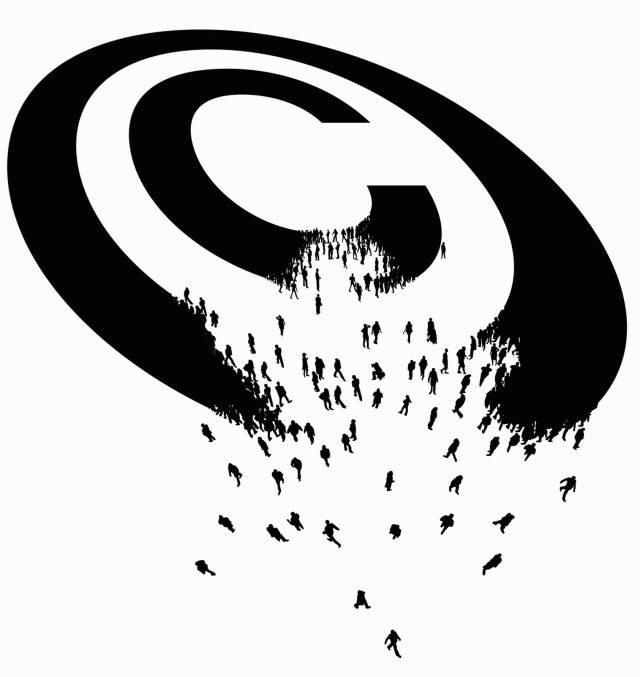[ad_1]

Getty Photographs
Final October, I obtained an e-mail with a hell of a gap line: “I fired a nuke on the US Copyright Workplace this morning.”
The message was from Elisa Shupe, a 60-year-old retired US Military veteran who had simply filed a copyright registration for a novel she’d not too long ago self-published. She’d used OpenAI’s ChatGPT extensively whereas writing the guide. Her utility was an try and compel the US Copyright Workplace to overturn its coverage on work made with AI, which typically requires would-be copyright holders to exclude machine-generated components.

That preliminary shot didn’t detonate—every week later, the USCO rejected Shupe’s utility—however she finally received out. The company modified course earlier this month after Shupe appealed, granting her copyright registration for AI Machinations: Tangled Webs and Typed Phrases, a piece of autofiction self-published on Amazon underneath the pen title Ellen Rae.
The novel attracts from Shupe’s eventful life, together with her advocacy for extra inclusive gender recognition. Its registration offers a glimpse of how the USCO is grappling with synthetic intelligence, particularly as extra folks incorporate AI instruments into artistic work. It’s among the many first artistic works to obtain a copyright for the association of AI-generated textual content.
“We’re seeing the Copyright Workplace fighting the place to attract the road,” mental property lawyer Erica Van Loon, a accomplice at Nixon Peabody, says. Shupe’s case highlights a few of the nuances of that battle—as a result of the approval of her registration comes with a major caveat.
The USCO’s discover granting Shupe copyright registration of her guide doesn’t acknowledge her as writer of the entire textual content as is standard for written works. As a substitute she is taken into account the writer of the “choice, coordination, and association of textual content generated by synthetic intelligence.” This implies nobody can copy the guide with out permission, however the precise sentences and paragraphs themselves usually are not copyrighted and will theoretically be rearranged and republished as a special guide.
The company backdated the copyright registration to October 10, the day that Shupe initially tried to register her work. It declined to touch upon this story. “The Copyright Workplace doesn’t touch upon particular copyright registrations or pending purposes for registration,” Nora Scheland, an company spokesperson, says. President Biden’s govt order on AI final fall requested the US Patent and Trademark Workplace to make suggestions on copyright and AI to the White Home in session with the Copyright Workplace, together with on the “scope of safety for works produced utilizing AI.”
Though Shupe’s restricted copyright registration is notable, she initially requested the USCO to open a extra important path to copyright recognition for AI-generated materials. “I search to copyright the AI-assisted and AI-generated materials underneath an ADA exemption for my many disabilities,” she wrote in her unique copyright utility.
Shupe believes fervently that she was solely capable of full her guide with the help of generative AI instruments. She says she has been assessed as 100% disabled by the Division of Veterans Affairs and struggles to write down resulting from cognitive impairment associated to circumstances together with bipolar dysfunction, borderline character dysfunction, and a mind stem malformation.
[ad_2]
Supply hyperlink

